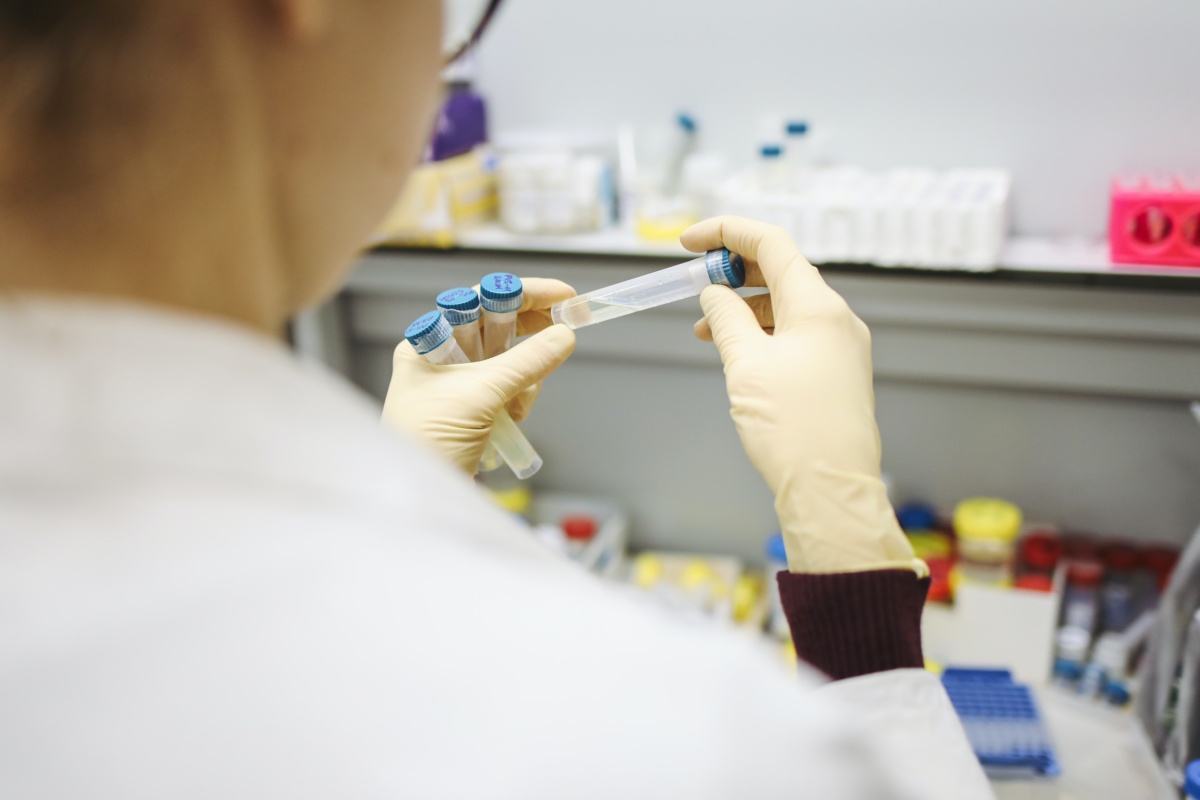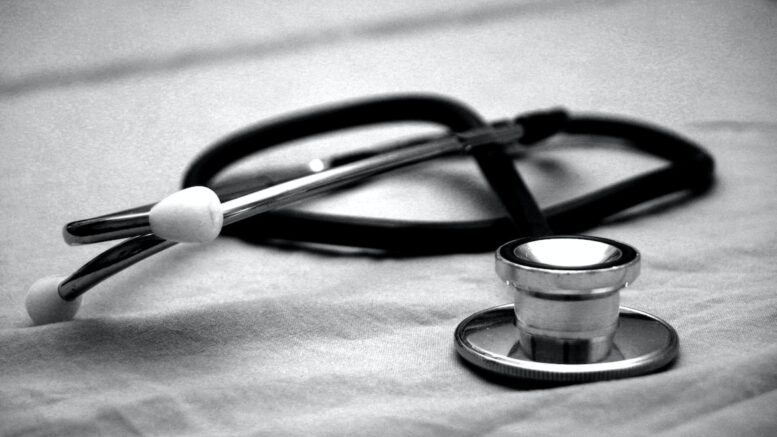In today’s world of rising healthcare costs, it is important to be proactive about your health. One way to do this is by opting for a health screening. Read on to find out why health screenings are an excellent choice and how they can help you save money while keeping you safe and healthy!
Benefits of Health Screening
Health screening can have many benefits for both individuals and society as a whole. By catching diseases early, health screenings can save lives and prevent the spread of disease. Early detection of disease can also lead to more effective treatment, as well as improved quality of life for those affected. Additionally, health screenings can help to identify risk factors for diseases, allowing people to make lifestyle changes to reduce their risk. You can learn more on this website or do some research online. Finally, health screenings can help to reduce healthcare costs by detecting and treating conditions before they become more serious and expensive to treat.
Types of Screenings
There are many types of health screenings that can be performed by a healthcare provider. Some common types of screenings include:
- Blood pressure screening: This measures the force of blood against your artery walls as your heart pumps blood through your body.
- Cholesterol screening: This measures the level of cholesterol in your blood. High cholesterol can lead to heart disease, stroke, and other health problems.
- Diabetes screening: This test checks your blood sugar level. High blood sugar levels can indicate diabetes, which can lead to serious health complications if left untreated.
- Mammogram: This is a low-dose x-ray exam of the breasts used to screen for breast cancer. Mammograms can help detect breast cancer early when it is most treatable.
- Pap smear: This is a test used to screen for cervical cancer. A Pap smear can help detect cervical cancer early when it is most treatable.
What Happens During a Screening?
When you go for a health screening, a variety of tests and measurements are taken in order to get a complete picture of your health. This usually includes tests like blood pressure, cholesterol, and blood sugar levels. Screenings can also include things like cancer screenings, which can help catch problems early.
Additionally, your doctor may also ask you questions about your diet, lifestyle, and any medications you’re taking. They might give you advice on how to improve your health or make changes in order to lower your risk for certain diseases.
Keep in mind that screenings are different from regular check-ups. Regular check-ups have a different purpose and typically involve more in-depth tests and conversations.

How Often Should You Get Tested?
There is no one-size-fits-all answer to the question of how often you should get tested for different health conditions. The frequency with which you should get tested depends on a variety of factors, including your age, family history, lifestyle, and overall health. That said, there are some general guidelines that can help you determine how often you should get tested for various conditions.
For most healthy adults, the U.S. Preventive Services Task Force (USPSTF) recommends getting a cholesterol test every four to six years starting at age 45. If you have a family history of heart disease or other risk factors for heart disease, you may need to get tested more frequently. The USPSTF also recommends that all adults aged 50 to 75 be screened for colorectal cancer using either a stool-based test or a colonoscopy every 10 years.
If you have diabetes, it’s important to get tested for kidney disease at least once a year. And if you have high blood pressure, you should get your blood pressure checked at least once every two years. As for HIV testing, the Centers for Disease Control and Prevention (CDC) recommend that all adults aged 18 and up be tested at least once in their lifetime. If you are at high risk for HIV infection – such as if you are a man who has sex with men or someone who injects drugs – the CDC recommends getting tested at least once a year.
Conclusion
Health screening can be an excellent choice for those who want to take proactive steps towards managing their health. By assessing your current state of health, you can identify potential problems before they become serious and develop a personalized plan to address any issues that do arise. In addition, regular screenings are also beneficial in terms of giving you peace of mind knowing that if anything does come up, it will be caught early enough for successful treatment. Ultimately, health screening is a great way to ensure that you stay as healthy as possible and protect yourself from the dangers associated with medical conditions or diseases.
